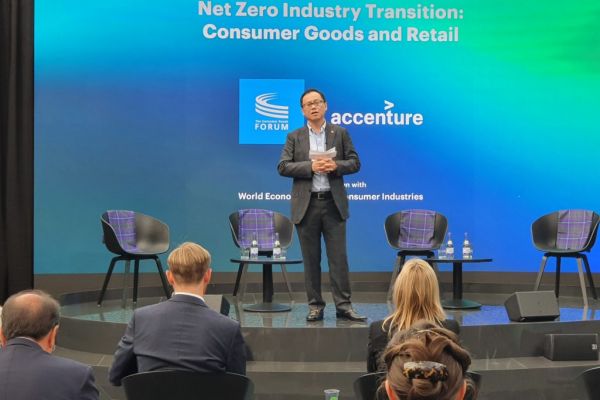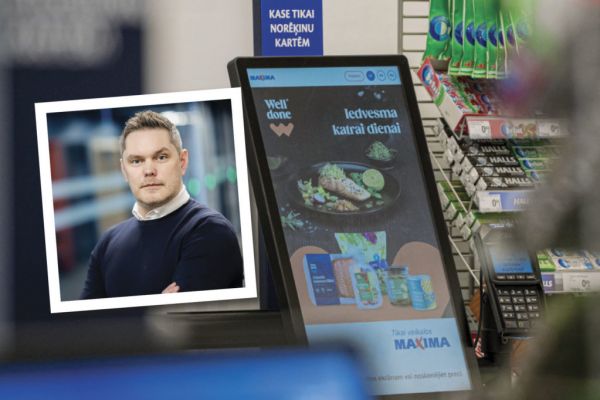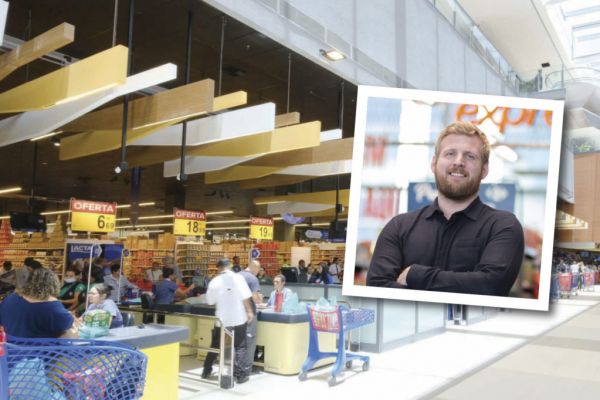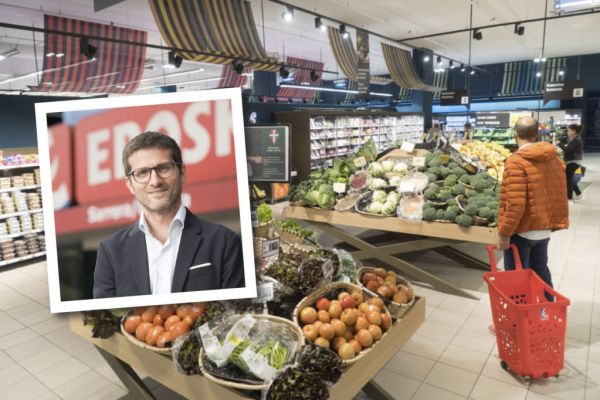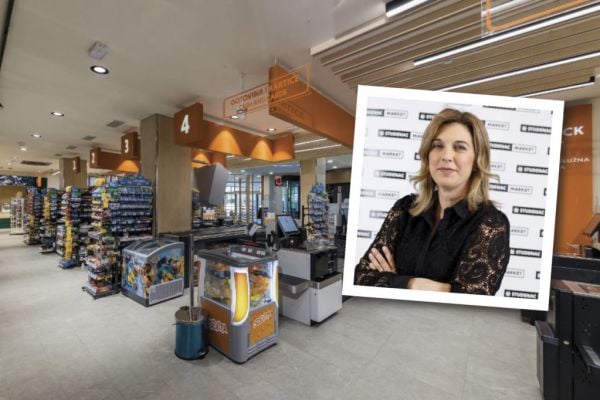The second annual Consumer Goods Forum Sustainable Retail Summit took place in Montreal last month, underlining the need for collaborative thinking when it comes to achieving real change. This article appeared in ESM Issue 6 2017.
Having launched in Paris in 2016, October saw the newest event in the Consumer Goods Forum’s busy calendar – the Sustainable Retail Summit – head to Montreal, Canada, for its second edition.
Megatrends
As with last year, the focus was on three megatrends impacting the global retail and FMCG industries: forced labour, food loss and waste, and consumer health and well-being, and attendees were in place from some of the biggest names in the business, including Ahold Delhaize, Campbell’s Soup, Danone, Grupo Bimbo, Kellogg’s, Marks & Spencer, Metro, Nestlé, Sainsbury’s, PepsiCo, Tesco, the Coca-Cola Company, Unilever and Walmart.
Opening the event, Darrell Jones, president of Western Canadian retailer Save-On-Foods, hailed the Forum’s “year-long effort to inspire action and support members in the implementation of actions that drive efficiency and secure consumer trust”, adding that the consumer-goods sector plays a crucial role in “helping secure the future of our planet and its people, however, no one company can do this alone. The complex nature of issues such as consumer health, food loss and waste, and labour-force practices mean that collaboration through events such as this are integral to tackling the issues that matter.”
Words are one thing, and actions are another, and the event is an interesting snapshot of how retail and FMCG giants are implementing changes in their businesses that can have a significant impact on everyday life in both established and emerging markets.
Drivers Of Change
On food waste, among those speaking was Shelley Martin of Nestlé Canada, a company that has committed to a ‘zero waste to landfill’ approach by 2020.
Martin acknowledged the importance of accurate measurement and food-redistribution strategies, and the need to ensure that supply is closely aligned with demand. In addition, Paloma Lopez of Kellogg’s discussed the company’s Origins Programme, which works closely with suppliers and small farmers on reducing harvest food losses, cutting the environmental impact.
Elsewhere, Kathleen McLaughlin, chief sustainability officer at Walmart, outlined that the world’s largest retailer is engaging in “collective action” to achieve food-waste reduction, including the donation of meals to charity, encouraging customers to buy end-of-life food, and investing in research to fully understand what drives upstream food waste.
In terms of health and wellness, Julie Greene of Ahold Delhaize discussed the role of the retailer’s private-brand strategy in terms of enabling consumers to make healthier product choices, such as the introduction of the ‘Rock Frogs’ cartoon characters to encourage children to eat healthier products.
Collaboration
As the Consumer Goods Forum has evolved, so it has placed additional focus on the need to work collaboratively to drive change within the industry, and this was also evident at the recent summit.
For example, Maggie Biscarr, director for global partnership solutions at PepsiCo, outlined how the supplier has worked with Danone on developing a partnership focused on delivering healthier breakfasts for consumers by creating an immersive experience for shoppers.
Elsewhere, the work of the Provision Coalition, a partnership between 15 food and beverage manufacturers, was highlighted.
Practical Application
One of the most novel collaborations, however, was that announced by Carrefour Italia and pasta and sauces producer Barilla, who together unveiled a initiative to encourage shoppers to use up their leftover vegetables in a range of delicious pasta recipes. The initiative has been promoted through an in-store display and animation campaign featuring anti-waste pasta recipes using vegetables, developed by chefs working with Barilla.
According to Carrefour, the operation was well received in a pilot store in Milan and will now be extended to more than 40 stores in Italy by the end of the year. The move forms part of Carrefour’s initiative to reduce food waste by 50% by 2025, compared to 2016 levels.
As ESM has reported in the past, the core source of food waste is in the home, and practical initiatives like these, which encourage consumers to be proactive in dealing with the issue, can only be a positive development.
The next Consumer Goods Forum Sustainable Retail Summit takes place in Lisbon in October 2018.
For more details, visit www.tcgfsrs.com.
© 2017 European Supermarket Magazine – your source for the latest retail news. Article by Stephen Wynne-Jones. Click subscribe to sign up to ESM: The European Supermarket Magazine.




